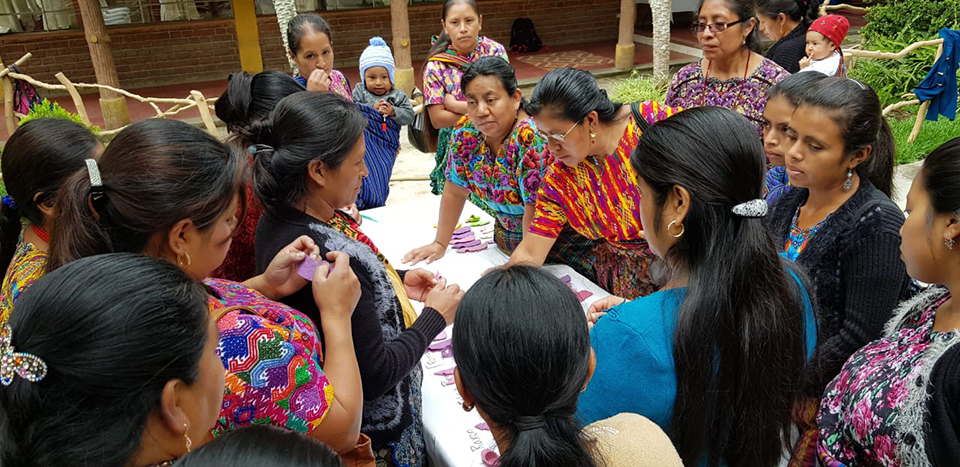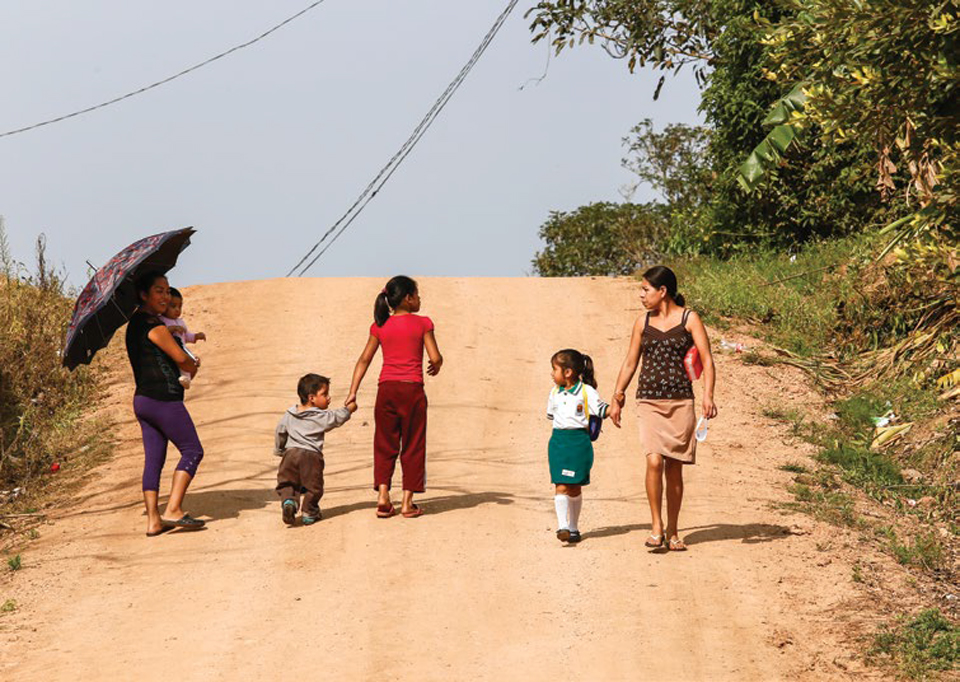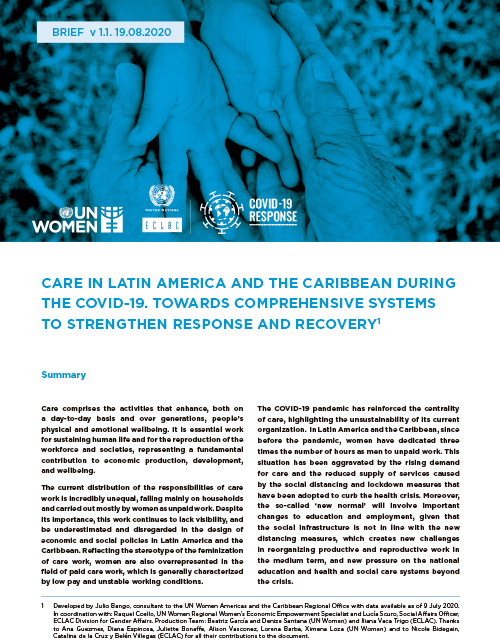The Economic Impact of COVID-19 on Women in Latin America and the Caribbean
It is estimated that the pandemic will leave 118 million women and girls in poverty in the region.Date:
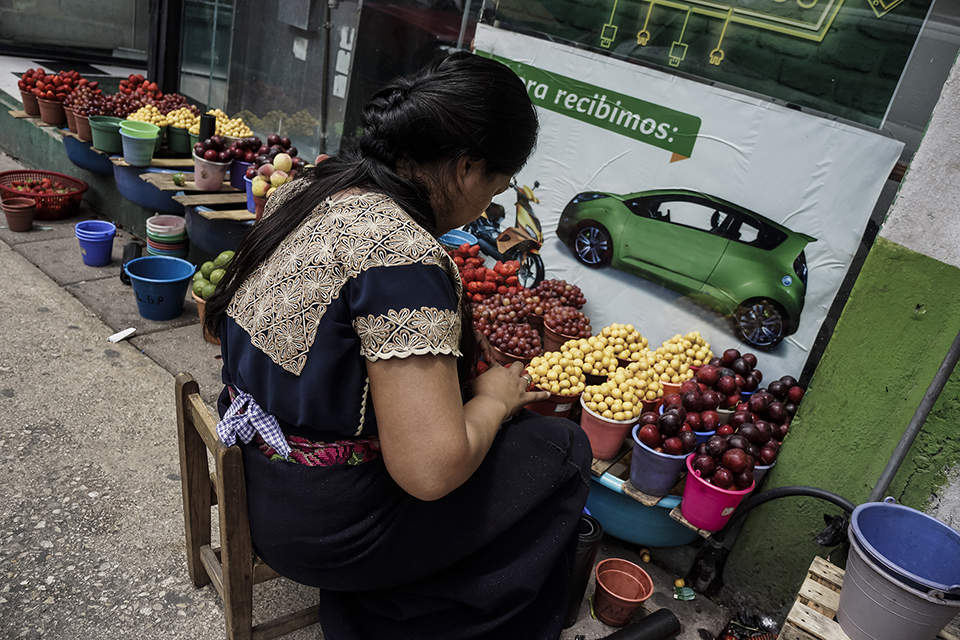
The crisis caused by the COVID-19 pandemic has demonstrated the great challenges we have as societies, making gender inequalities more evident: women are the most affected by the increase in unemployment, poverty, and the overload of unpaid care.
Who is most affected by the crisis caused by COVID-19?
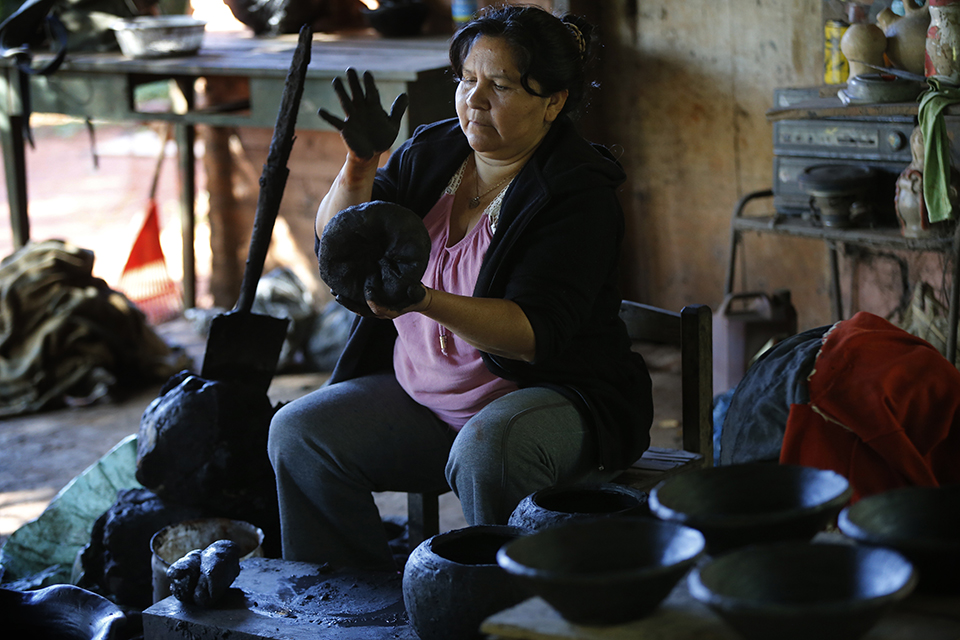
Paraguayan craftswomen face the crisis with solidarity and self-management
It is estimated that the pandemic will leave 118 million women and girls in poverty in the region. The reduction in an economic activity primarily affects informal workers who lose their livelihoods almost immediately, without any networks or possibilities to replace the overall daily income.
More than half of women work in sectors at high risk of being affected by the economic downturn: commerce, domestic work, manufacturing, tourism, administrative services, real estate, and the health sector; where women are over-represented in the first line of response, but with minority participation in decision-making in the face of the pandemic.
Women are losing their jobs at a much greater rate than men. The unemployment rate for women in the region will be 15.2% - almost 6 percentage points higher than in 2019 (ECLAC/ILO, 2020, and unemployment projections).
The precarious situation of domestic workers in Latin America and the Caribbean is accentuated
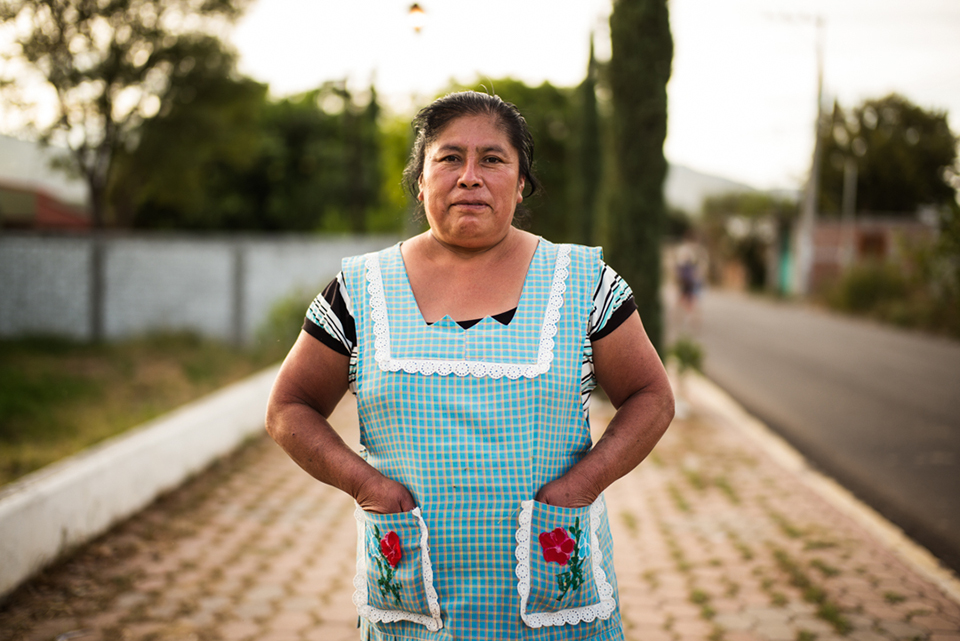
Domestic work accounts for between 14.3% and 10.5% of women's employment in the region and more than 77.5% operate in the informal sector. This means that a significant number of women work in precarious conditions and without access to social protection.
During the crisis, women paid domestic workers to occupy a crucial place in the response because of the central role they play in caring for children, sick and dependent persons, and maintaining households. However, despite the enormous contribution that their work makes to the lives of many people, they are also the most affected by the crisis. According to ILO estimates, 70.4% of domestic workers are affected by quarantine measures, due to a decrease in economic activity, unemployment, reduction in hours or loss of wages. This is due, among other reasons, to the precarious employment situation that this sector presents, characterized by low wages and lack of social benefits for their survival and the support of their families in the face of layoffs or reduced income.
The impact of the COVID-19 crisis is different for rural women, indigenous women and women of African descent in Latin America and the Caribbean
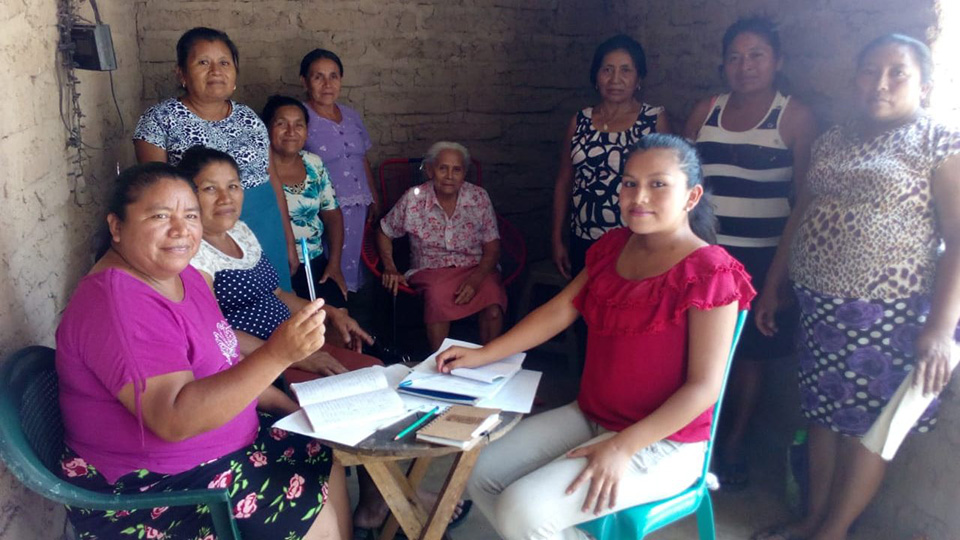
In addition to carrying out their productive activities by facing inequalities that make them work informally and an overload of unpaid domestic tasks in their homes, rural, indigenous and Afro-descendent women face obstacles in accessing productive resources such as water, land, agricultural inputs, financing, insurance, training, among others; this is compounded by various barriers that make it difficult for them to market their products.
These difficulties make them more likely to live in conditions of poverty and, consequently, to experience food and nutritional insecurity.
The situation has become even more adverse with the COVID-19 pandemic. According to projections, 6 million rural women in the region are at risk of falling into extreme poverty.
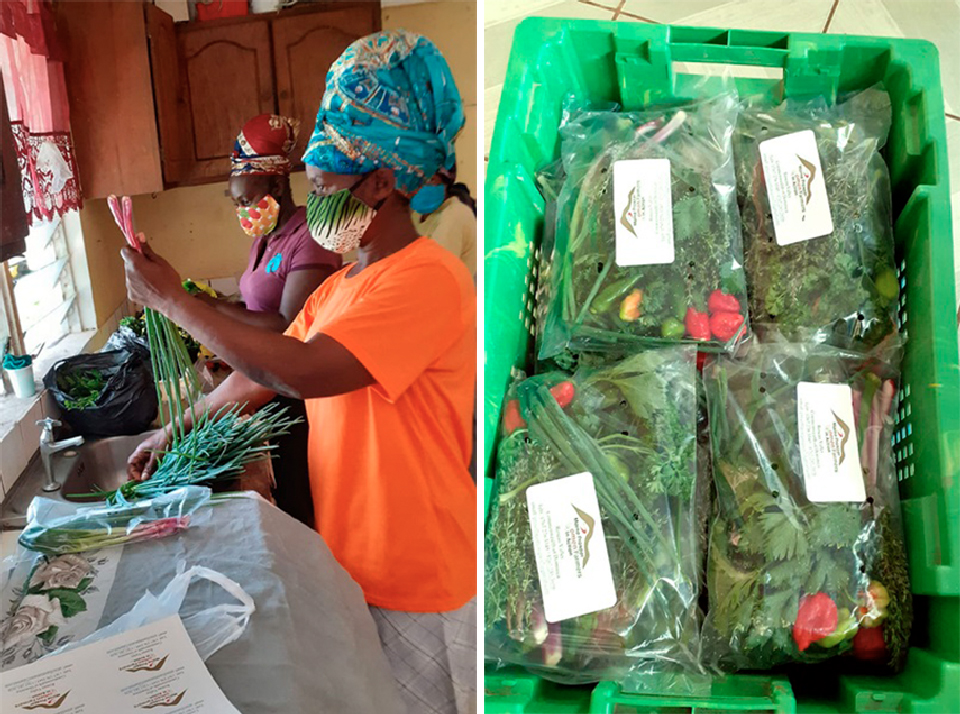
Cultivating change: Women farmers in Dominica find new paths to market amidst COVID-19 shutdowns
With the arrival of the pandemic, many indigenous people's businesses and women's enterprises have been affected. "A high percentage of small and large businesses are disappearing and with them the possibility of generating income for many indigenous entrepreneurs has fallen, affecting the community productions on which hundreds of families depend," explains Maria Tuyuc, president of the Global Network of Indigenous Entrepreneurs for Latin America.
The overload of unpaid work is an obstacle to women's economic empowerment and autonomy
Because of the closure of schools, educational centers and daycare centers, women have taken on much of the additional unpaid work in the home. Before the pandemic, women in the region spent more than three times as much time on unpaid work as men.
This highlights the need to improve the distribution of care and domestic tasks, followed by the establishment of a new social contract: the most important cultural change required to advance in equal opportunities. The overload of unpaid work mainly affects women in the poorest households - up to 39% more of the time.
The relationship between care and poverty.
The more poor people are, the more care work they do. The more care work they do, the harder it is to get out of poverty. Especially for female-headed households. Care work is the only employment option for most women in poverty. As it is a precarious job, poorly paid and without social protection, it does not allow them to get out of poverty. The crisis over COVID-19 has reaffirmed the importance of care work but also the unfair and unsustainable distribution of responsibilities within the household.
Learn more in UN Women and ECLAC's policy brief: Care in Latin America and the Caribbean in times of COVID-19: Towards comprehensive systems to strengthen response and recovery.
Recovery efforts must put women at the center
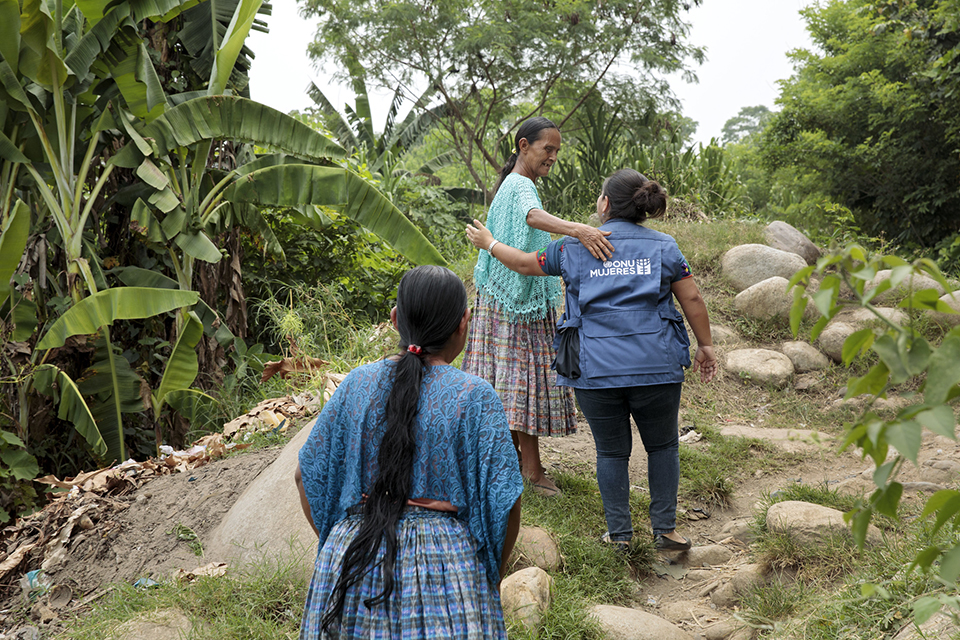
At UN Women we work in partnership to address the immediate needs of women, ensure their livelihoods, decent work and the generation of jobs and economic opportunities, especially for those groups of women most affected by the crisis. We promote the strengthening of women entrepreneurs, access to innovative financing mechanisms and promote policy measures to recognize, reduce and redistribute care work as key strategies to Respond and Rebuild Better with Equality
Care systems as an engine for economic recovery in Latin America and the Caribbean
Towards an inclusive reactivation that guarantees women's rights and promotes gender equality for a sustainable recovery, the region needs:
To move towards a fiscal and gender pact that takes into account the needs of women in order to mitigate the emergency and promote a sustainable and fair recovery.
2. Strengthen the financing of policies focused on women during and after the pandemic: comprehensive services in gender violence, sexual and reproductive health and care, and guarantee a basic emergency income to women in poverty.
3. Invest in the care economy as a catalyst for economic recovery with equality, including the formalization, remuneration and social security of workers.
4. Redistribute the responsibilities of care, advance in the transformation of the labour markets and achieve greater co-responsibility between the State, households, the market and communities.
5. Expand coverage of employment and social protection programs to guarantee the rights of migrant, Afro-descendant, indigenous, rural, grassroots, and women with disabilities.
